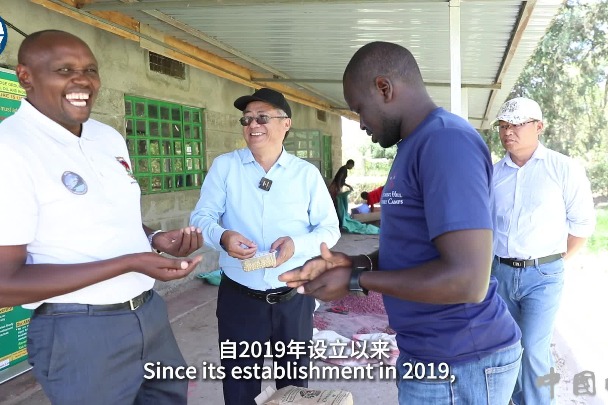COVID-19 not to affect pace of Zimbabwe-China cooperation: Chinese envoy

HARARE - China remains committed to completing several infrastructure projects it is funding in Zimbabwe, despite the challenges posed by the current COVID-19 pandemic, Chinese Ambassador to Zimbabwe Guo Shaochun said Tuesday.
Commenting on the progress made in the expansion project of Hwange power plant, Zimbabwe's largest coal-fired power generator, Guo said it remained on course against the backdrop of the pandemic.
The 1.5-billion-U.S.-dollar project, being carried out by Chinese firm Sinohydro, entails the addition of two power generating units, unit 7 and unit 8, to the existing 6 units that were commissioned between 1983 and 1987.
Upon completion in 2022, the new units will add 600 megawatts of power to the national grid.
"The COVID-19 cannot stop the pace of cooperation between China and Zimbabwe. With the completion of the project, Zimbabwe's power self-sufficiency capacity will be greatly improved, which is exactly what the country needs for its development and what practical cooperation should mean," Guo told media in an interview.
On Oct. 31, a team of over 200 Chinese experts arrived in Zimbabwe on a charter flight to accelerate implementation of the project, according to Sinohydro.
"They will join work at the construction site after quarantine in a bid to accelerate the progress of the project and recover the delay caused by the COVID-19," the Chinese company said.
The Hwange project, along with many others at various stages of implementation, is part of Zimbabwe's efforts to find sustainable solutions to power shortages that are retarding industrial growth and bedeviling the economy at large.




